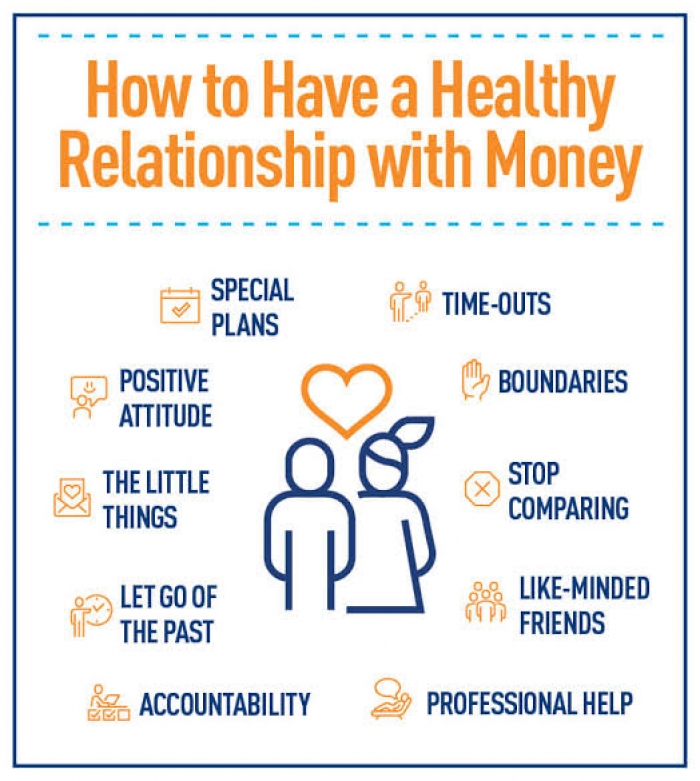Feelings around money tend to drive a good deal of financial decision making, experts say. “Money is 90% emotion, 10% logic,” says certified financial therapist Khara Croswaite Brindle, owner of Croswaite Consultingin Lafayette, Colorado.
It pays to know your “attachment style” when it comes to your funds, she says. Once you understand how managing finances makes you feel, you can develop a healthy relationship with money. Here are two of the most common mindsets that can cause problems:
Anxious money attachment. People with this mindset tend to relate to finances the way they would to a person they’re afraid of losing, says Croswaite Brindle. The clinginess often stems from a fear that money will disappear without warning and never come back.
So they may be quick to pull funds out of the stock market during a temporary dip, or to underspend on things that would improve their lives — like therapy, vacations or professional development.
What to do about it: Challenging yourself to check your bank account balance twice this week instead of three times a day would be a great place to start, Croswaite Brindle says.
The goal is to “rework what money feels like, somatically,” she says. That can mean helping yourself feel safer in the presence of money, say, by playing soothing music or wearing comfy clothes during check-ins.
Avoidant money attachment. “For avoidant folks, money is just out of sight, out of mind,” says Croswaite Brindle. “Like an ostrich with its head in the sand.”
Ignoring money decisions doesn’t make them disappear, though. Over time, this habit can result in late fees, unmanageable debt or missed opportunities to build wealth.
What to do about it: Start small. “Just getting regular, healthy exposure to money is important,” Croswaite Brindle says. Sit down with a timer set for five minutes and log into your bank account, she suggests — even if all you do is look at your balance.
Another tool Croswaite Brindle recommends is body doubling, or reviewing your finances sitting next to someone you trust. That presence can both ease emotional resistance and offer accountability.
CNBC
